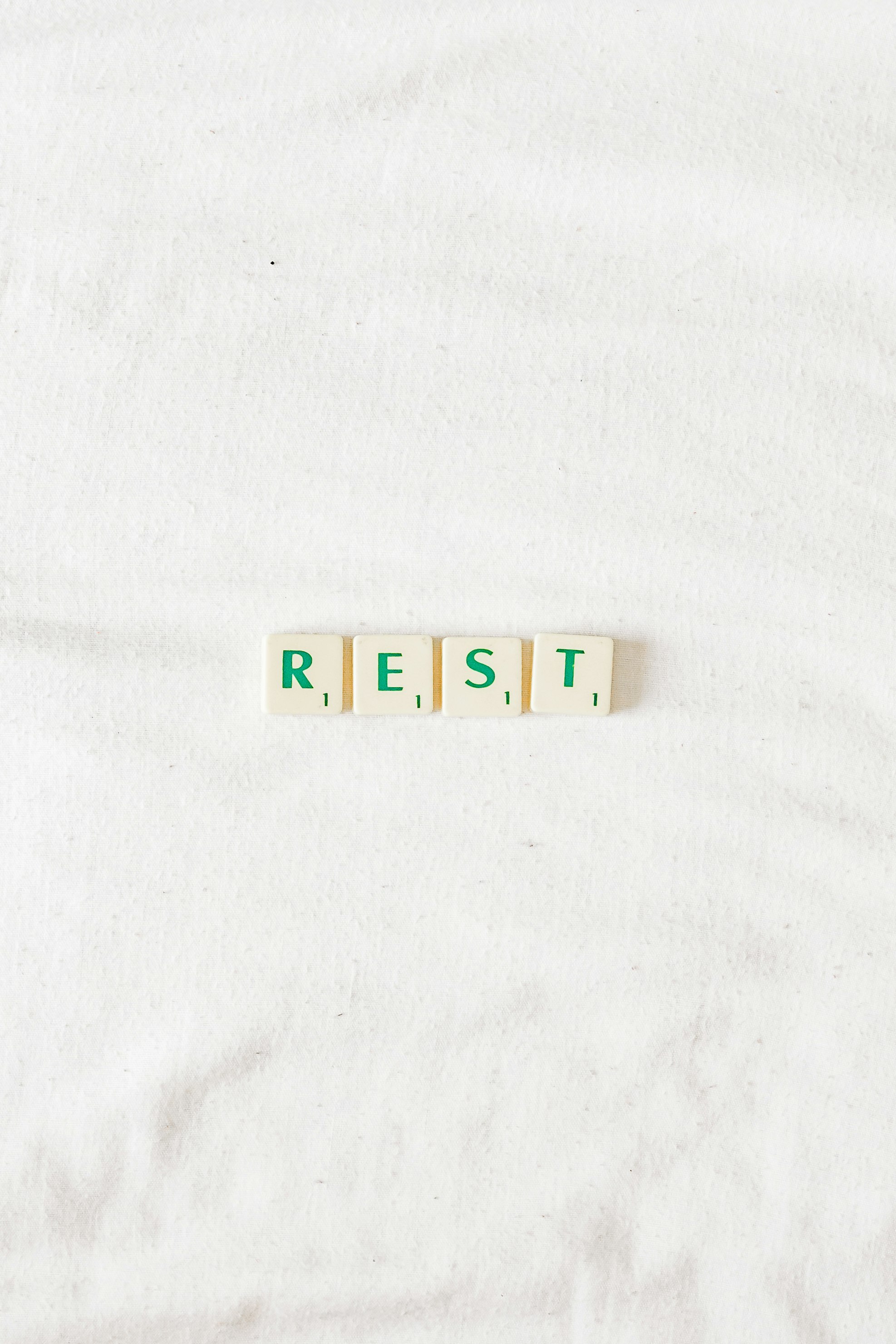
Bile: The Key to Poop’s Brown Color
Bile is a yellow-green digestive fluid produced by the liver and stored in the gallbladder. It helps break down fats and absorbs nutrients in the small intestine. As bile moves through your digestive system, it changes color from green to yellow and then brown due to the presence of stercobilin, a pigment derived from broken-down red blood cells.
When red blood cells complete their life cycle (about 120 days), the body breaks them down in the spleen and liver. A substance called bilirubin is released, which eventually converts into stercobilin—the compound responsible for the brown color of poop.
What Can Different Poop Colors Mean?
While brown is the most common and healthy stool color, variations in color can occur due to diet, medications, or medical conditions. Here’s what different colors might indicate:
- Green: Can be caused by eating leafy greens, green food dyes, or rapid digestion where bile doesn’t fully break down.
- Yellow: Could indicate excess fat in the stool, possibly due to malabsorption disorders like celiac disease.
- Black: Might be a sign of bleeding in the upper digestive tract or caused by iron supplements or certain medications.
- Red: Often results from consuming beets or red food dyes, but can also indicate bleeding in the lower digestive tract.
- White or pale: Could suggest a bile duct obstruction, liver disease, or gallbladder issues.
- Orange: Often due to eating foods rich in beta-carotene like carrots or sweet potatoes.
While occasional changes in poop color are normal, persistent unusual colors may signal an underlying health issue. If you notice black, white, or bright red stools, consult a doctor.
How to Maintain Healthy Stool Color
- Eat a balanced diet: Include fiber-rich foods like whole grains, fruits, and vegetables to promote regular digestion.
- Stay hydrated: Drinking enough water helps keep stools soft and easy to pass.
- Avoid excessive processed foods: Artificial dyes and preservatives can sometimes cause unusual stool colors.
- Monitor medications: Some medicines and supplements, like iron or bismuth (Pepto-Bismol), can alter stool color.
- Pay attention to changes: If your stool consistently has an unusual color without a clear dietary cause, seek medical advice.
The color of your stool is a direct reflection of your digestive health. While brown is the standard, occasional changes are normal. By maintaining a healthy diet, staying hydrated, and monitoring any persistent changes, you can keep your gut health in check.
Final Thoughts
Poop is brown due to the breakdown of red blood cells and the presence of bile pigments like stercobilin. While brown is the healthiest and most common stool color, other shades can occur due to diet or medical conditions. If you ever notice persistent unusual stool colors, it's a good idea to consult a healthcare professional.
A Deeper Look at Why Is Poop Brown
Here we dive further into how why is poop brown interacts with digestion. Over time, repeated exposure can influence gut bacteria, nutrient absorption, and overall comfort.
Long-Term Strategies
- Maintain a consistent eating schedule to support digestion.
- Monitor how your body reacts to specific foods or habits related to this topic.
- Introduce more whole foods and reduce heavily processed options.
- Prioritize regular physical activity to keep your gut moving.
- Seek professional guidance if symptoms persist or worsen.
Applying these long-term strategies can help safeguard your digestive health and keep issues related to this topic under control.
Key Takeaways
- Keep a food and symptom diary to identify patterns.
- Stay hydrated and aim for a balanced, fiber-rich diet.
- Consult a healthcare professional for persistent issues.
References for the Curious Minds
- Mayo Clinic. (2023). Stool Color: When to Worry. Retrieved from [https://www.mayoclinic.org](https://www.mayoclinic.org)
- National Institute of Diabetes and Digestive and Kidney Diseases. (2022). Digestive Health and Stool Color. Retrieved from [https://www.niddk.nih.gov](https://www.niddk.nih.gov)
- National Institutes of Health. Digestive Health Topics.
- Doe, J. (2024). Advances in Digestive Wellness. Digestive Science Journal, 10(2), 50-60.
- World Health Organization. (2023). Nutrition and Gut Health Overview.


